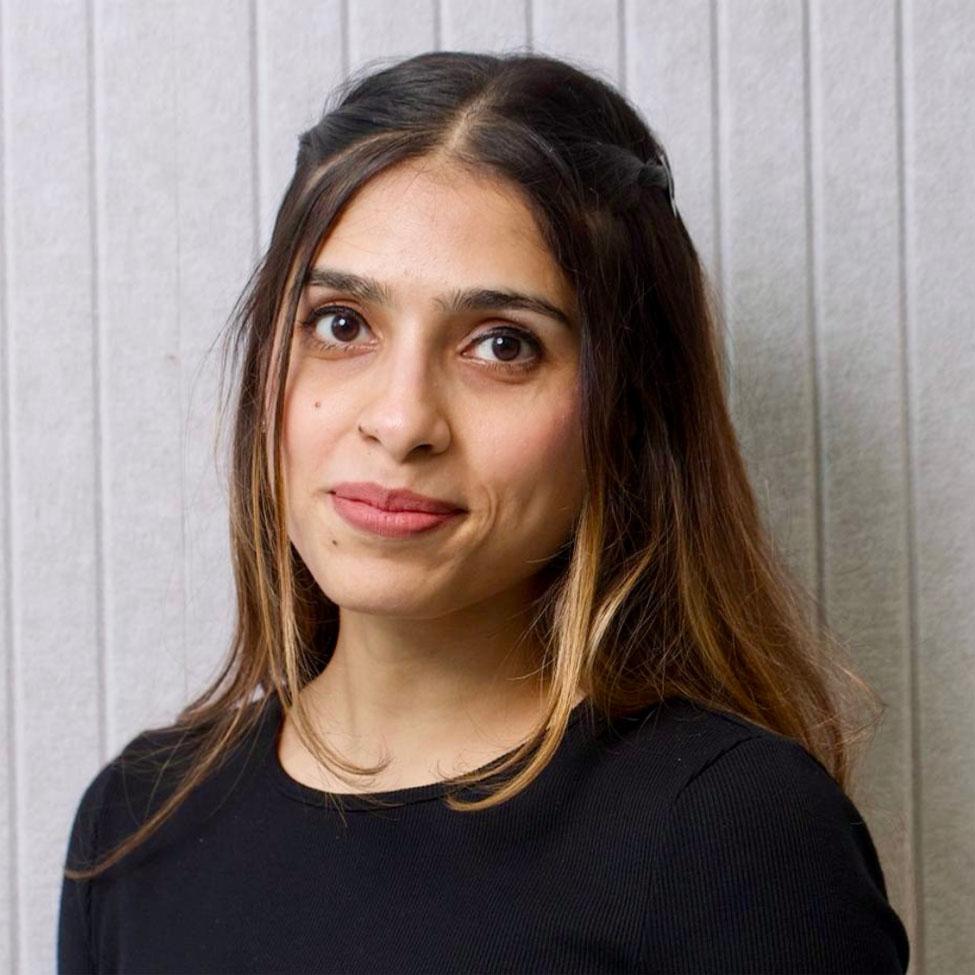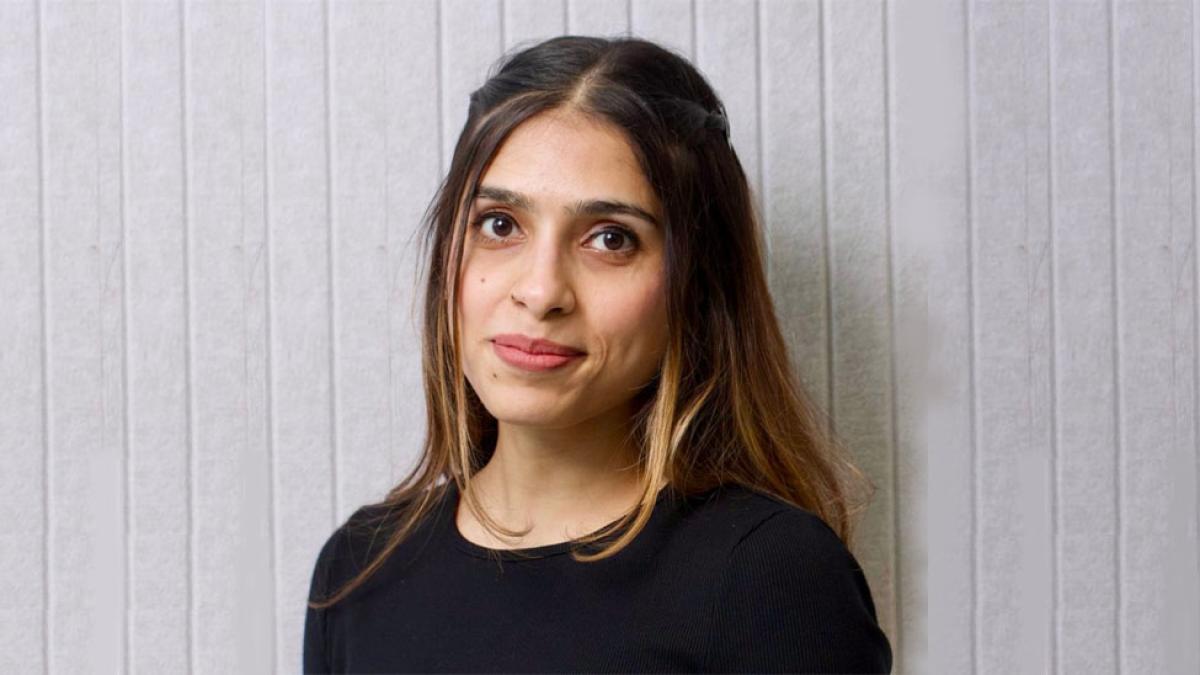
Introversion, texting habits, and self-confidence: Understanding the connections
“In a world where people are constantly looking for simple answers and solutions (e.g. Is technology good or bad?), the fact is that the impact of technology (and in this study, texting specifically) differs based on the interaction between multiple things (in this study, personality characteristics and people’s motivations for texting),” said co-author Leora Trub, an associate professor of psychology at Pace University.

Celebrities And Politics Don't Mix Well In Social Media Era
"When Michael Jordan—the Greatest of all time basketball player—was pressured about providing a political endorsement, he informed the sports media world that 'Republicans buy sneakers, too,'" said Professor Larry Chiagouris, brand marketing and advertising expert at Pace University. "His intent was clearly that his craft was a sports star and not someone who is expert at telling someone who to vote for or who to vote against."

'Shake If Off'—Taylor Swift Could Sue Trump For Using Her Likeness
Elisabeth Haub School of Law Professor Leslie Garfield Tenzer speaks to Forbes about the potential for Taylor Swift to sue former President Trump for using her likeness.
Developing Leadership Skills and a Deeper Understanding of Human Resources Management
Lubin graduate student Samreen Sonde '25 is strengthening her leadership skills and understanding of human resources management during her internship, solidifying her aspiration to pursue a career in the field.

Samreen Sonde
Class of 2025
Currently Studying: MS in Human Resources Management
Current Internship: Club Management Intern, BJs Wholesale Club
Pronouns: She/Her

Samreen Sonde '25 is strengthening her leadership skills and understanding of human resources management during her internship, solidifying her aspiration to pursue a career in the field.
How has the Lubin School of Business helped you prepare for your current internship?
Career Services has been instrumental in helping me refine my resume, allowing me to pass the AI resume screening process for interviews.
What attracted you to this internship?
I was drawn to this internship because of BJ's commitment to caring for families.
Describe what a typical day looks like as an intern at your organization?
I oversee operations and provide leadership and direction within the organization. I collaborate with other managers to drive team member engagement, and I develop talent through coaching, teaching, and developing team members. Additionally, I assess team member performance and provide actionable feedback. I evaluate departmental performance using company reporting programs and provide recommendations to maximize sales, profits, and performance. Ensuring that operational processes are consistently followed in highly controlled areas such as receiving, asset control, and human resources is also a key part of my role. I continually monitor customer service levels to ensure a positive service experience is delivered to all members and maintain an understanding of club policies and procedures across all areas of the club.
What has been the highlight or most enjoyable aspect of your internship so far?
The highlight has been visiting different clubs, meeting new employees, and understanding their perspectives.
This internship has strengthened my leadership skills and deepened my understanding of human resources management. It has solidified my aspiration to pursue a career in human resources by providing real-world experience in team development, operational efficiency, and performance evaluation.
How has this experience shaped or impacted your career goals?
This internship has strengthened my leadership skills and deepened my understanding of human resources management. It has solidified my aspiration to pursue a career in human resources by providing real-world experience in team development, operational efficiency, and performance evaluation. The hands-on experience and networking opportunities have significantly influenced my career path.
How will this experience impact your next semester at Lubin?
This internship will allow me to apply practical knowledge to my coursework, deepen my understanding of human resources concepts, and enhance my engagement in class discussions. It has provided valuable connections and insights that will benefit my professional growth.
Do you have any advice for other Lubin students who would like to pursue an internship in the future?
Yes, persevere until you succeed and maintain contact with your counselors; interactions with them can be life-changing.
Connect with Samreen:
Élections Américaines : Des Célébrités Mettent du Poids Dans la Balance
Pace University Professor Melvin Williams was featured on CBC Radio-Canada analyzing the impacts and dangers of celebrity endorsements in the 2024 US Presidential Election.
Kamala Harris Picks Tim Walz as Running Mate
Pace University’s Political Science Professor Laura Tamman spoke with WNBC4 in New York about Kamala Harris’s pick for vice president in her run for The White House.
Power & Politics: Harris Picks Walz, a Plan to Fix East Ramapo Schools' Finances
Pace University political science professor Kerriann Stout was featured on News12’s Power & Politics providing insight into Kamala Harris' decision to pick Minnesota Gov. Tim Walz as her running mate.
"Frivolous": Experts say Trump's bid to sue DOJ over Mar-a-Lago raid will be "laughed out of court"
Law Professor Gershman speaks to Salon.com about Donald Trump’s bid to sue the Department of Justice over the FBI's 2022 search of Mar-a-Lago.
Kamala Harris is accused of being ‘soft on crime,’ but is there any evidence?
Elisabeth Haub School of Law Professor Bennett Gershman pens an op-ed in The Hill about how opponents are attacking VP Harris’ record as a prosecutor.
Kamala Harris leans into her Indian, Black heritage to energize voters
Harris will need to assemble a broad coalition to win in November, including a substantial percentage of independent and unaffiliated white voters in the suburbs of battleground states, said Laura Tamman, an assistant professor of Political Science at Pace University.